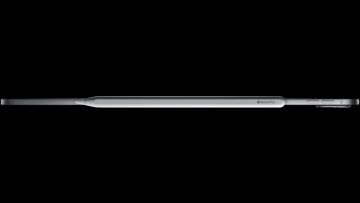There’s no shortage of articles out there — some of which may have been posted on BGR from time to time — highlighting all the mistakes that BlackBerry has made ever since the launch of the iPhone in 2007. But let’s say that BlackBerry had executed better by getting BlackBerry 10 released in 2011 and by making the BlackBerry Storm a top-notch touch screen device instead of a legendary debacle: Would things have really turned out that much differently for the company?
Former Microsoft Windows boss Steven Sinofsky has written an interesting post describing the difficulties that longtime incumbent leaders face in dealing with innovations that disrupt their traditional business models. This is particularly interesting because Sinofsky himself knows what it’s like to see outsiders disrupt your longstanding business model as both Apple and Google did to Microsoft’s Windows desktop monopoly when iOS and Android ushered in the mobile computing revolution.
Sinofsky points out that, even more than most mobile competitors, BlackBerry was uniquely unqualified to fight the asymmetrical war being waged against it by Apple and Google. The reason boils down mostly to BlackBerry’s revenue models that relied heavily on carrier fees and on sales to corporate IT departments and not direct sales to consumers.
What’s more, BlackBerry’s “security über alles” branding made it difficult for the company to transition quickly to the world of mobile apps since it couldn’t risk having the anything-goes mobile app store model that Google has used with Google Play. Couple this with the powerful global brand recognitions and larger marketing budgets that Apple, Google and Samsung have at their disposal and it’s easier to see BlackBerry’s slide less as a blunder and more as an inevitability.
“Incumbent products and businesses respond by often downplaying the impact of a particular feature or offering,” Sinofsky writes. “What happens though when nearly every assumption is challenged? What you see is a complete redefinition of your entire company. And seeing this happen in real time is both hard to see and even harder to acknowledge. Even in the case of Blackberry there was a time window of perhaps 2 years to respond — is that really enough time to re-engineer everything about your product, company, and business?”






